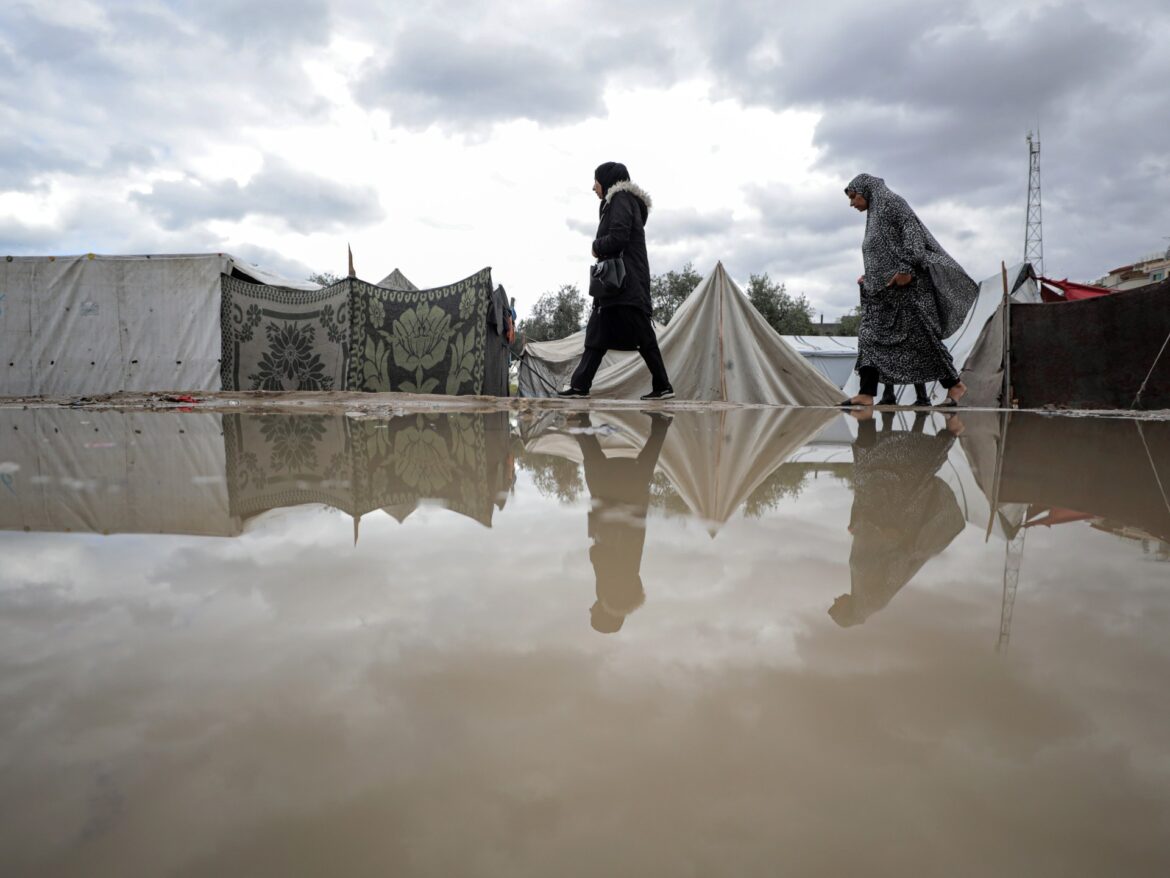After the agreement to stop the war between Lebanese Hezbollah and Israel, which has been raging for more than a year, attention has returned to the Gaza Strip, which was exhausted by war, but hopes for reaching a quick agreement to end the war in the Strip are likely to be dashed, according to observers.
A ceasefire agreement between the Lebanese Hezbollah and the Israeli army entered into force at dawn yesterday, Wednesday, after months of mutual military operations between the two parties, due to Hezbollah’s support of the Gaza front after Operation Al-Aqsa Flood.
Different goals
During his announcement of the agreement in Lebanon the day before Tuesday, US President Joe Biden said that he would renew his efforts to reach a truce agreement in Gaza, and urged Israel and the Islamic Resistance Movement (Hamas) to seize the moment.
Despite Biden’s statements, there are no indications that Israeli leaders want to stop the war they have been waging against the Palestinian Strip since October 7, 2023. The statements of the Israeli occupation ministers confirm that the goals of their war on Gaza are completely different from the goals of their war on Lebanon.
In statements he made in this regard, Israeli Agriculture Minister Avi Dichter said, “Gaza will not pose a threat to Israel again, and we will achieve a decisive victory there. Lebanon is different.”
Dichter, a former member of the Internal Security Council and former head of the Shin Bet intelligence service, said, “Are we at the beginning of the end of the campaign against Gaza? Certainly not. We still have a lot to do.”
Yesterday, Wednesday, Hamas leader Sami Abu Zuhri accused Israel of “lack of flexibility,” and stressed that the movement still wants to reach an agreement to end the war in Gaza that has been raging for 14 months.
Reuters quoted him as saying, “We hope that this agreement (with Hezbollah) will pave the way for reaching an agreement that ends the genocidal war against our people in Gaza.”
ray of hope
Gazans – exhausted by the war that claimed the lives of more than 44,000 of them over the course of 14 months and destroyed most of the Strip – received the news of Hezbollah’s cessation of fighting against Israel with mixed feelings. There were those who saw in the move a glimmer of hope indicating the possibility of reaching a similar solution in Gaza.
The displaced Gazan Aya (30 years old), who now lives in a tent in the middle of the Strip, commented on the event by saying, “They say that if it rains in one place, it is a good sign for people in another place. We hope that after Lebanon, efforts will focus on Gaza to end the war.” .
In another indicator that raises a ray of hope, two Egyptian security sources stated that Israel informed Cairo of the possibility of resuming work on an agreement regarding Gaza, if the ceasefire in Lebanon continues.
Netanyahu’s interests
Despite the above, Israeli political analyst Ofer Shila, a prominent researcher at the Institute for National Security Studies at Tel Aviv University, believes that separating the fronts may make ending the bloodshed in Gaza more difficult.
Reuters quoted Shila as saying, commenting on the ceasefire agreement between Hezbollah and Israel, “There is now no real pressure on Israel regarding Gaza.”
The Israeli political analyst said that reaching a peace agreement with Hamas anytime soon does not serve the interests of Israeli Prime Minister Benjamin Netanyahu, “because this may tear apart his government, which is full of war hawks, some of whom denounced the Lebanese agreement and want to control Gaza.”
He concluded by saying, “I believe that it is in Netanyahu’s political interest for the war to continue, because the end of the war in Gaza may pose a real threat to his government coalition.”



